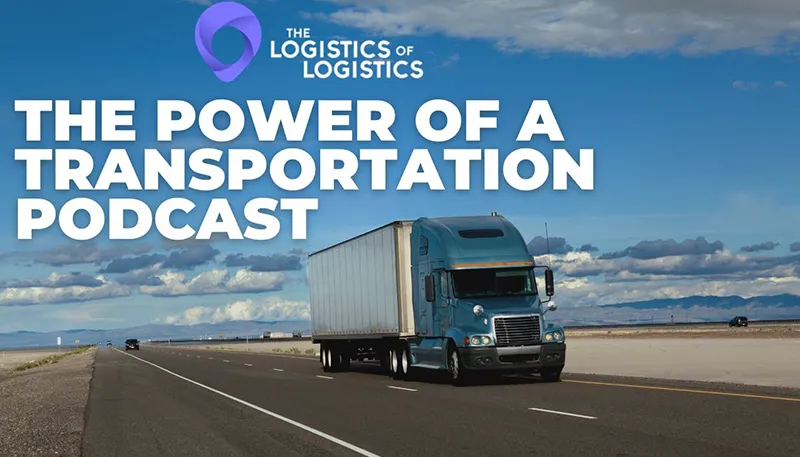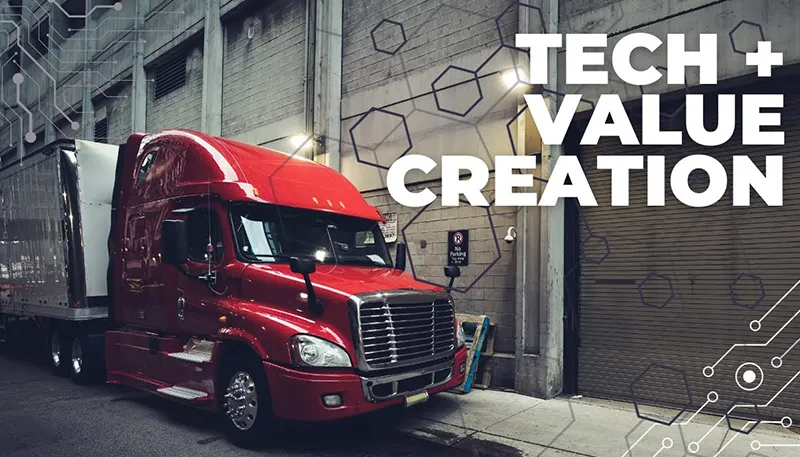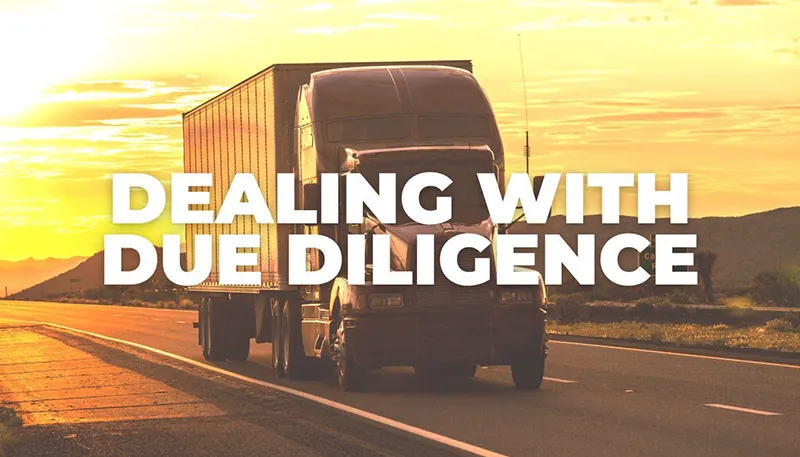The Lockton Transportation practice focuses on risk management solutions for mid-to-large transportation companies. Based in Kansas City, they work with all types of transportation firms across the country to help reduce overall insurance costs and improve safety programs.

Todd Reiser

Quinn Damon
Transportation/Risk Q&A – Lockton Companies, LLC
Q: Have the increasing number of adverse verdicts/settlements affected the insurance marketplace for transportation firms?
A: It’s no secret that the commercial auto liability insurance marketplace has struggled with profitability for years now, and insurers have been pushing rate increases across the board. Excess insurers who provide coverage above the primary insurance limits (1mm) have certainly been impacted by adverse loss experience, and are much more cautious with whom they insure and how much limit they will offer. Several high-profile excess insurers have exited the space entirely, and those who remain are increasing premiums to offset losses. Individual account loss experience is key – companies with clean loss experience and strong safety programs will find much more aggressive pricing than those with severe losses.
Q: How has safety technology improved/impacted the underwriting process?
A: Underwriters now understand the impact of safety technology on both frequency and severity of losses, and will pay close attention to what types of safety technology have been implemented by carriers. Collision Mitigation, Lane Departure, Dual-Facing in-cab cameras, and similar technologies have all been shown to directly and significantly impact loss activity, and underwriters want to know exactly what technologies are in place, and what the timeline for future implementation will be. Transportation firms who have these technologies already in place will see direct benefits to their premiums, and those who are behind or late to the party will be penalized. If you haven’t moved forward, now is the time.
Q: Will new safety technologies help or hurt driver retention issues?
A: Clients are often apprehensive to implement technologies or initiatives that can impact driver retention, especially in today’s environment. Drivers are often concerned about “big-brother” watching, and company management can be concerned about exposing poor driver behavior. However, the overwhelming majority of our clients find that once drivers understand the impact these safety technologies can have on their own safety and ability to do their job more effectively, they quickly begin to appreciate the technologies. All of these technologies provide for coaching opportunities, potential exoneration in questionable liability situations, and the ability to make quick decisions based on evidence and act accordingly. As long as these systems are rolled-out correctly, the impact to the driver pool should be minimal.
Q: Does the driver shortage affect safety results?
A: The answer here depends on the company and their overall safety culture. Every transportation company needs drivers, and financially stable companies who are able to make solid decisions around hiring and aren’t tempted to put anyone in the seat they can find will see little impact. Carriers who are willing to “roll the dice” and put someone in a truck just to move the freight can end up hiring their biggest problems. It’s important that senior management within operations and safety are all on the same page, and that driver qualification standards remain stringent. Having the wrong person in the seat can expose the company to adverse or even punitive damages in liability situations.
Q: How can we achieve the best results through our insurance renewal process?
A: The key is to make sure you showcase your company directly to decision makers within the process. This starts by utilizing a broker/consultant who specializes in transportation, and has direct access to the decision-makers within the insurance carriers. Senior management and safety/claims personnel should meet directly with insurers through the process – not just get a bunch of quotes back from the broker. Underwriters should see your company, it’s systems and processes, and meet the teams involved. Otherwise it all just boils down to a bunch of data getting fed into a formula and spitting out a price. Companies should also try to think long-term when it comes to your insurance partners – underwriters can see when companies jump from insurer to insurer year after year, and they assume they don’t have a strong opportunity to be a partner. It’s also important to have a broker who has a lot of experience with other insureds with different insurance programs, so that your company can be exposed to different insurance programs, such as high-deductibles, self-insurance, captives, and other alternatives to traditional insurance.



